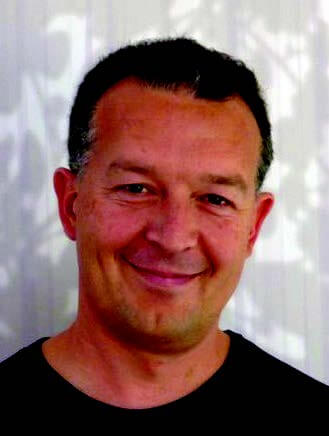3 Hard Problems in Large-Scale Computing
 Luiz Barroso, Ph.D. Fellow. Google Inc.
Luiz Barroso, Ph.D. Fellow. Google Inc.
Thursday, November 7, 2013
Andrus Gerontology Center (GER 124) Lecture 3:30 PM
Andrus Gerontology Center Patio Reception 4:30 PM
Hosted by Dr. Michel Dubois
As the field of warehouse-scale computing matures we continue to find new and interesting problems to solve. Some of the most interesting problems are the ones that are trivial to explain once identified, and yet remain very hard to solve. I’ll present three examples of such problems drawn from our experience building and operating large computing systems at Google.
Luiz Barroso is a Google Fellow, with technical interests that range from distributed systems software to the design of Google’s computing platform. While at Google he has co-authored some well-cited articles on warehouse-scale computing, energy proportionality and storage system reliability. He also co-wrote The Datacenter as a Computer, the first textbook to describe the architecture of warehouse-scale computing systems, now in its 2nd edition.
Previously he was a member of the research staff at Digital Equipment Corporation and Compaq, where the group did some of the pioneering research on modern multi-core architectures. Some of those multi-core processors also use variants of the ring-based cache-coherency interconnects that were the subject of his doctoral research. As a graduate student he was one of the designers of the USC RPM, an early FPGA-based emulator for multiprocessor memory systems.
Barroso is a Fellow of the Association for Computing Machinery (ACM) and the American Association for the Advancement of Science. He was the program chair of ACM ISCA’09, a keynote speaker at FCRC’11, SIGMOD’10, ASPLOS’09, and a National Academy of Engineering Gilbreth Lectureship awardee in 2012. He is currently serving at the National Academies’ Computer Science and Telecommunications Board and has been a guest lecturer at Stanford and PUC-Rio, Brazil.
He holds B.S. and M.S. degrees in Electrical Engineering from the Pontifícia Universidade Católica of Rio de Janeiro, and a Ph.D. in Computer Engineering from the University of Southern California.
Published on September 27th, 2016
Last updated on August 2nd, 2023


